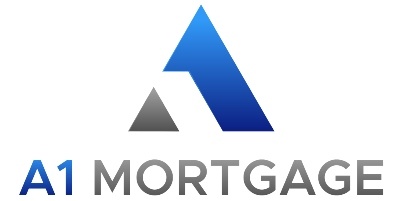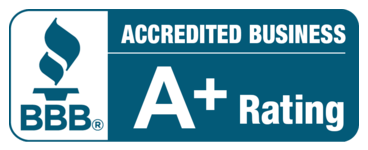If you have equity in your home and rates are low it might be a good time to consider refinancing your loan to decrease monthly payments and lock in a lower rate. However, there are several things to consider before deciding whether refinancing your home loan is right for you.
Credit Score
Lenders have tightened their standards for loan approvals in recent years, so some consumers may be surprised that even with good credit they will not always qualify for the lowest interest rates. Borrowers with lower scores may still obtain a new loan, but the interest rates or fees they pay may be higher.
Before you apply to refinance, check your credit report. Look for inaccuracies and fix mistakes.
Income
Standard in the loan application process is showing proof of income. You’ll be asked to present past pay stubs and the last two years’ worth of tax returns. If your income isn’t enough to meet the lender’s debt-to-income requirements, you might not be able to refinance. While some factors such as a high income, a long and stable job history or substantial savings may help you qualify for a loan, lenders usually want to keep the monthly housing payments under a maximum of 28% of your gross monthly income. There are some programs, however, that allow for a higher debt to income ratio but there will be other qualifying circumstances involved.
How much will it cost to refinance?
Refinancing your mortgage is essentially a new loan, which means typical closing costs. Some lenders are willing to waive origination fees when you refinance. However, just because a few fees are waived doesn’t mean all of them are. A home refinance usually costs between 3% and 5% of the loan amount. Borrowers can find several ways to reduce the costs and at A1 Mortgage you are not required to pay any closing costs out of pocket.
Does it make sense to refinance your mortgage?
While many borrowers focus on the interest rate, it is important to establish your goals and be sure refinancing makes sense in the long run. Think about what matters to you and what your goals are. If your goal is to reduce your monthly payments as much as possible, you will want a loan with the lowest interest rate for the longest term. If you want to pay less interest over the length of the loan, look for the lowest interest rate at the shortest term. Borrowers who want to pay off their loan as fast as possible should look for a mortgage with the shortest term that requires payments they can afford.
How to get started:
Start by taking a look at interest rates. Advertised rates are based on the best available rates, but they’ll give you an idea of what you could save. Next, contact your loan officer to discuss your current situation. They will give you the exact answers you are looking for regarding your best options.
You can expect your Loan Officer to ask for the following documents in order to complete your official application:
- Identifying information (names, birthdates, addresses, and Social Security numbers of all the applicants)
- Asset information, including bank statements and retirement account statements
- Pay stubs
- Tax returns
- Documentation of your current mortgage
For most people seeking to refinance, the outcome can result in monthly savings and/or a large amount of savings over the life of their loan. Like all financial transactions, however, mortgage refinancing is complex and requires a qualified professional to look at the homeowners’ situation and honestly advice on the best possible outcome.
Consult a reputable lender for quick answers to some of your concerns. This will help you make the important decision as to whether refinancing is right for you.








